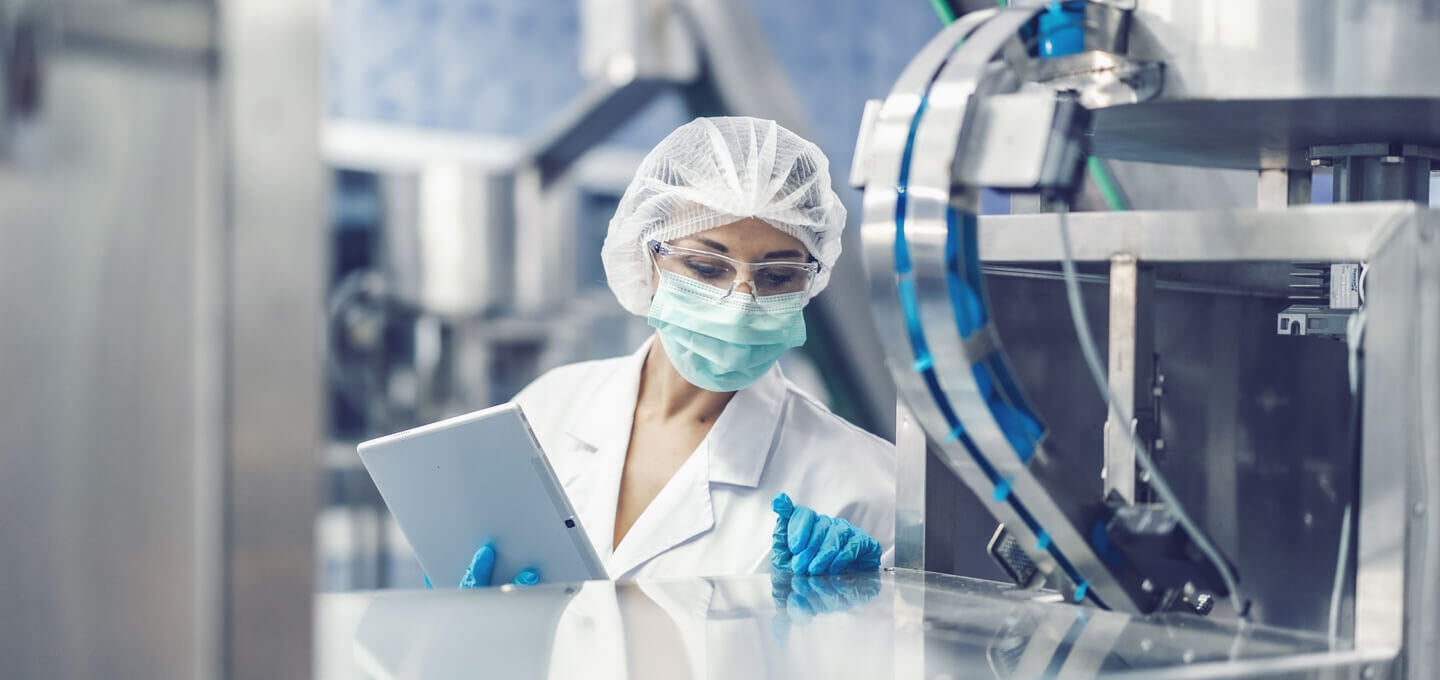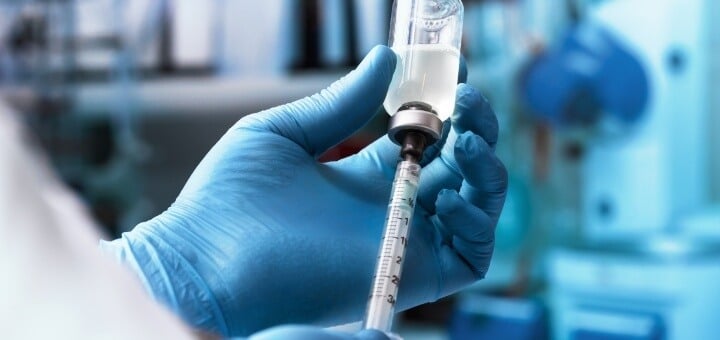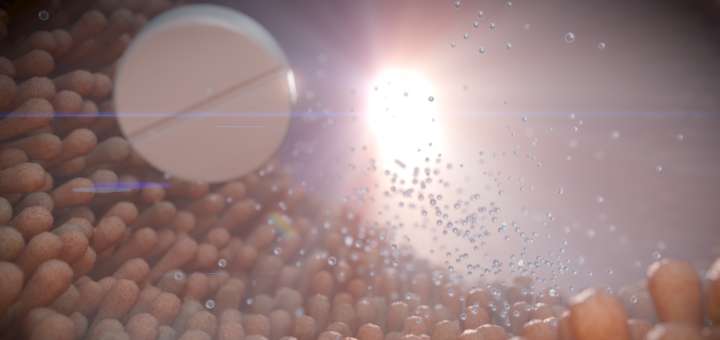Article Contents
- What Is Analytical Method Development?
- Analytical Method Development in Pharmaceutical Manufacturing
- Key Steps in Analytical Method Development
- Analytical Method Development and Validation
- Challenges in Analytical Method Development
- The Importance of Analytical Method Development in Regulatory Compliance
- FAQs About Analytical Method Development
What Is Analytical Method Development?
Analytical method development is a systematic process used in pharmaceutical manufacturing to establish reliable and accurate methods for analyzing drug compounds. This process ensures that critical quality attributes, such as identity, purity, potency, and stability, are accurately measured throughout a drug’s lifecycle.
By optimizing analytical techniques, manufacturers can maintain compliance with regulatory standards while ensuring product safety and efficacy. Analytical method development is essential in both research and commercial production, forming the foundation for drug quality assurance.
The Role of Analytical Method Development in Pharmaceutical Manufacturing
Analytical method development plays a crucial role in pharmaceutical manufacturing by ensuring that drug products meet quality, safety, and efficacy standards. This process allows researchers to identify and quantify active ingredients, detect impurities, and confirm batch consistency.
Without reliable analytical methods, manufacturers risk failing regulatory inspections or producing substandard medications. By establishing scientifically sound and reproducible analytical techniques, pharmaceutical companies can streamline drug development, enhance manufacturing efficiency, and maintain compliance with regulatory bodies like the FDA and EMA.

Key Steps in Analytical Method Development
The analytical method development process follows a structured approach to ensure precision and reliability. While methodologies may vary based on the drug and intended analysis, the core analytical method development steps include:
- Understanding the Drug Compound. Assessing the chemical and physical properties to determine appropriate analytical techniques.
- Selecting Analytical Techniques. Choosing methods such as chromatography, spectroscopy, or dissolution testing based on the compound’s characteristics.
- Optimizing Method Parameters. Adjusting variables like pH, temperature, and detection limits for accuracy and reproducibility.
- Assessing Specificity and Sensitivity. Ensuring the method can distinguish the target compound from impurities or degradation products.
- Preliminary Validation. Conducting initial tests to confirm repeatability, precision, and robustness before full validation.
Each step is critical in developing an effective analytical method that meets regulatory and industry standards.
Analytical Method Development and Validation
Analytical method development and validation are interconnected processes that ensure pharmaceutical products meet stringent quality and regulatory standards. Method development focuses on creating a reliable procedure to analyze a drug’s chemical, physical, and biological properties, while validation confirms that the method produces consistent and accurate results under varying conditions. Both steps are essential in pharmaceutical manufacturing, supporting drug formulation, quality control, and regulatory submissions.
Importance of Analytical Method Validation
What is analytical method validation? It is a structured process that demonstrates an analytical method’s suitability for its intended purpose. Regulatory agencies like the FDA, EMA, and ICH require validation to ensure that methods used in drug testing and manufacturing yield precise, accurate, and reproducible results. Without proper validation, pharmaceutical companies risk unreliable data, regulatory noncompliance, and potential product recalls.
Key Parameters in Analytical Method Validation
To confirm a method’s accuracy and reliability, validation is conducted based on the following parameters:
- Accuracy. Measures how close test results are to the true value.
- Precision. Assesses repeatability and reproducibility across different trials and analysts.
- Specificity. Ensures the method can differentiate the target compound from impurities, degradation products, or other substances.
- Limit of Detection (LOD) and Limit of Quantification (LOQ). Determines the smallest detectable and quantifiable amounts of a compound.
- Linearity and Range. Evaluate the method’s ability to produce results proportional to the concentration of the substance being tested.
- Robustness. Tests the method’s resilience against small variations in conditions like temperature, pH, and instrument parameters.
By incorporating these validation parameters, pharmaceutical companies can ensure data integrity, improve manufacturing efficiency, and maintain regulatory compliance throughout the drug development lifecycle.
Challenges in Analytical Method Development
Developing an analytical method in pharmaceutical manufacturing comes with several challenges. One major difficulty is ensuring method specificity, meaning the ability to differentiate the active ingredient from impurities, degradation products, or excipients. Without proper specificity, test results may be unreliable, leading to regulatory concerns.
Another challenge is method robustness, which refers to a method’s ability to remain unaffected by small variations in testing conditions. Changes in temperature, instrument calibration, or reagent quality can impact results, making it essential to conduct rigorous testing during method development.
Regulatory compliance is another critical factor. Analytical methods must align with FDA, EMA, and ICH guidelines, requiring extensive documentation and validation before approval. Failure to meet these standards can delay drug development and production timelines.
Despite these challenges, a well-developed analytical method ensures accurate drug formulation, enhances quality control, and supports regulatory submissions, ultimately leading to safer pharmaceutical products.
The Importance of Analytical Method Development in Regulatory Compliance
Regulatory agencies such as the FDA, EMA, and ICH set strict guidelines for pharmaceutical manufacturing, requiring companies to demonstrate that their analytical methods are accurate, reproducible, and suitable for intended use. Compliance with these regulations ensures the safety and efficacy of drug products while preventing costly delays in product approval.
Analytical method development plays a key role in meeting these regulatory expectations by ensuring drug formulations undergo rigorous testing at every stage, from early research to commercial production. Validated methods provide consistent data for stability studies, impurity profiling, and batch release, ensuring that pharmaceutical companies meet global regulatory requirements.
By implementing well-documented analytical methods, manufacturers can streamline audits, gain faster regulatory approvals, and maintain product integrity throughout its lifecycle.
FAQs About Analytical Method Development
Understanding analytical method development and validation is crucial for pharmaceutical professionals striving for accuracy and regulatory compliance. Below are answers to common questions about these processes.
What challenges are commonly faced during analytical method development?
Common challenges include ensuring specificity, where the method must distinguish the target compound from impurities, and robustness, which determines whether small changes in conditions affect results. Regulatory compliance is another hurdle, requiring extensive documentation and validation to meet FDA, EMA, and ICH standards.
How do you validate an analytical method?
Analytical method validation involves testing key parameters such as accuracy, precision, specificity, and detection limits. Regulatory bodies require methods to undergo rigorous testing to confirm reliability before they can be used in quality control and product release.
How do you select the right analytical method for a pharmaceutical compound?
The selection process depends on the chemical and physical properties of the drug, the required sensitivity, and regulatory requirements. Techniques like chromatography, spectroscopy, and titration are chosen based on their ability to provide accurate, reproducible results.
What are the differences between analytical method development and method transfer?
Analytical method development focuses on creating and optimizing a reliable process for testing pharmaceutical compounds, while method transfer ensures that an established method can be successfully replicated in a different laboratory or facility. Method transfer involves comparative testing, validation, and documentation to maintain consistency and compliance across multiple locations.
Why is method revalidation necessary?
Method revalidation is required when there are significant changes in the formulation, equipment, analytical conditions, or regulatory guidelines. It ensures that the method continues to provide accurate and reproducible results despite modifications. Revalidation is also necessary if issues arise with method performance over time.
How does analytical method development support drug stability studies?
Drug stability studies assess how environmental factors like temperature, humidity, and light affect a drug’s potency and safety over time. Analytical method development ensures that stability-indicating methods can accurately detect degradation products, allowing manufacturers to determine shelf life and appropriate storage conditions.
CONTACT US
Partner with UPM Pharmaceuticals for Expert Analytical Method Development
Ensuring accuracy and compliance in analytical method development and validation is essential for successful pharmaceutical manufacturing. At UPM Pharmaceuticals, we specialize in developing, validating, and optimizing analytical methods that meet FDA, EMA, and ICH regulatory standards. With our state-of-the-art facility and expert team, we help pharmaceutical companies streamline drug development and ensure product quality from early-stage formulation to commercial production.
Contact UPM Pharmaceuticals today to learn how our analytical services can support your pharmaceutical project.
Let's Talk
